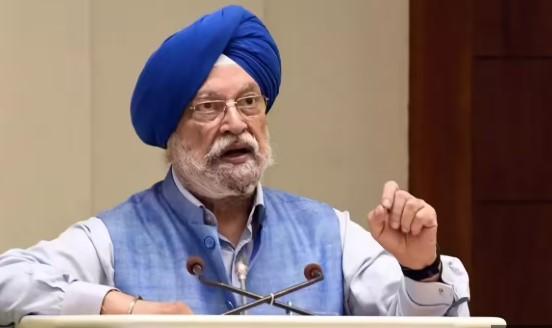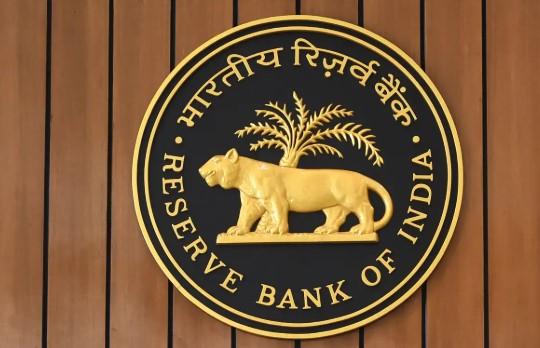Rajya Sabha passed Aadhaar and Other Laws Amendment Bill,2019, which was introduced in Lok Sabha by the Minister of Electronics andInformation Technology, Ravi Shankar Prasad on June 24, 2019. The new billreplaces an Ordinance promulgated on March 2, 2019.
The passage of the Bill means that people will now be ableto open bank accounts and get new mobile connection without showing theirAadhaar card. During the debate on the Bill in Rajya Sabha, Union Minister RaviShankar Prasad on Monday said that people like Bill Gates and Thomas Friedmanare appreciating Aadhar. He assured that House that the government is not goingto change the architecture of Aadhaar and is focused on only changing theconcerned law.
Prasad also said that a comprehensive data protection lawwill be introduced by the Centre because the government considers datasovereignty an a very important thing and will ensure that it is nevercompromised. “We will bring a comprehensive data protection law. Datasovereignty is integral to us and it will never be compromised,” Prasad said inRajya Sabha.
Under the Aadhaar Act, the identity of an individual may beverified by Aadhaar ‘authentication’, which involves submitting the Aadhaarnumber, and their biometric or demographic information to the CentralIdentities Data Repository for verification. The Bill additionally allows‘offline verification’ of the identity of an individual without authenticationthrough modes specified by the Unique Identification Authority of India (UIDAI)by regulations. During offline verification, the agency need to obtain theconsent of the individual and also inform the individual of alternatives tosharing information.
The Act provides for the use of Aadhaar number as proof ofidentity of a person, subject to authentication but the new Bill replaces thisprovision and allows the individual to voluntarily use his Aadhaar number toestablish his identity, by authentication or offline verification.
The new Bill amends the Telegraph Act, 1885 and thePrevention of Money Laundering Act, 2002 to state that persons with a licenseto maintain a telegraph, banking companies and financial institutions mayverify the identity of their clients by: (i) authentication or offlineverification of Aadhaar, (ii) passport, or (iii) any other documents notifiedby the central government.
Under the Act, restrictions on security and confidentialityof Aadhaar related information do not apply in case the disclosure is pursuantto an order of a District Court (or above) but the Bill amends this to allowsuch disclosure only for orders by High Courts (or above). The Act also said that an officer not belowthe rank of a Joint Secretary may issue directions for disclosing informationin the interest of national security but the Bill amends this to allow suchdisclosure on directions of officers not below the rank of a Secretary.Underthe Act, all fees and revenue collected by the UIDAI will be credited to theConsolidated Fund of India. The Bill,however, removes this provision, and creates the Unique IdentificationAuthority of India Fund. All fees,grants, and charges received by the UIDAI shall be credited to this fund.
Under the Act, courts can take cognizance of an offence onlyif complaint is registered by UIADAI but the Bill amends this to allow theindividual to register complaints in certain cases, including impersonation ordisclosure of their identity. The Bill defines the Aadhaar ecosystem to includeenrolling agencies, requesting agencies, and offline verification-seekingentities.
Under the Bill, the UIDAI may initiate a complaint againstan entity in the Aadhaar ecosystem for failure to comply with the Act or thedirections of UIDAI and to furnish information required by the UIDAI.Adjudicating Officers appointed by the UIDAI shall decide such matters, and mayimpose penalties up to one crore rupees on such entities. The Telecom Disputes Settlement and AppellateTribunal shall be the appellate authority against decisions of the AdjudicatingOfficer.
Leave a comment
Your email address will not be published. Required fields are marked *



